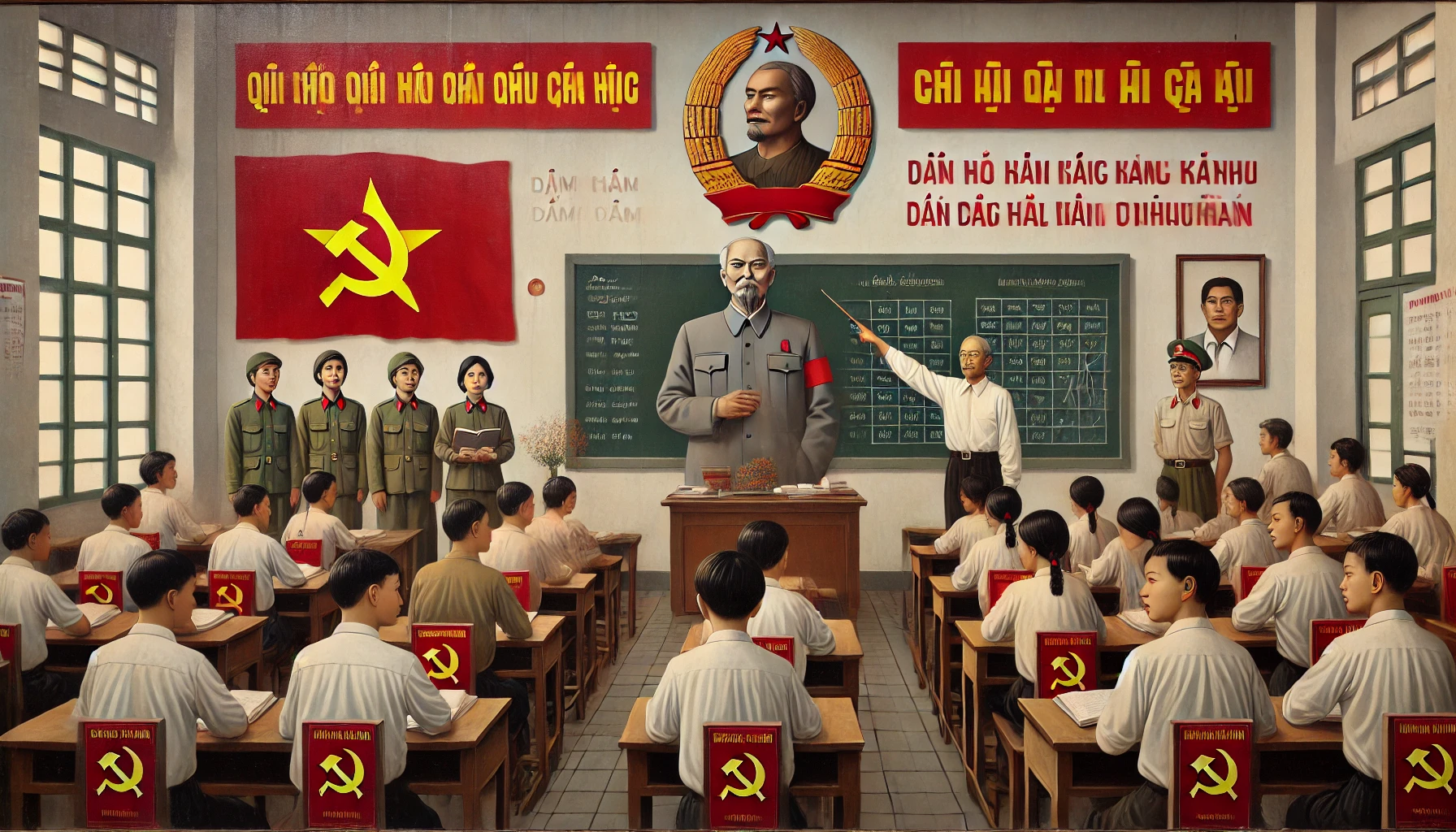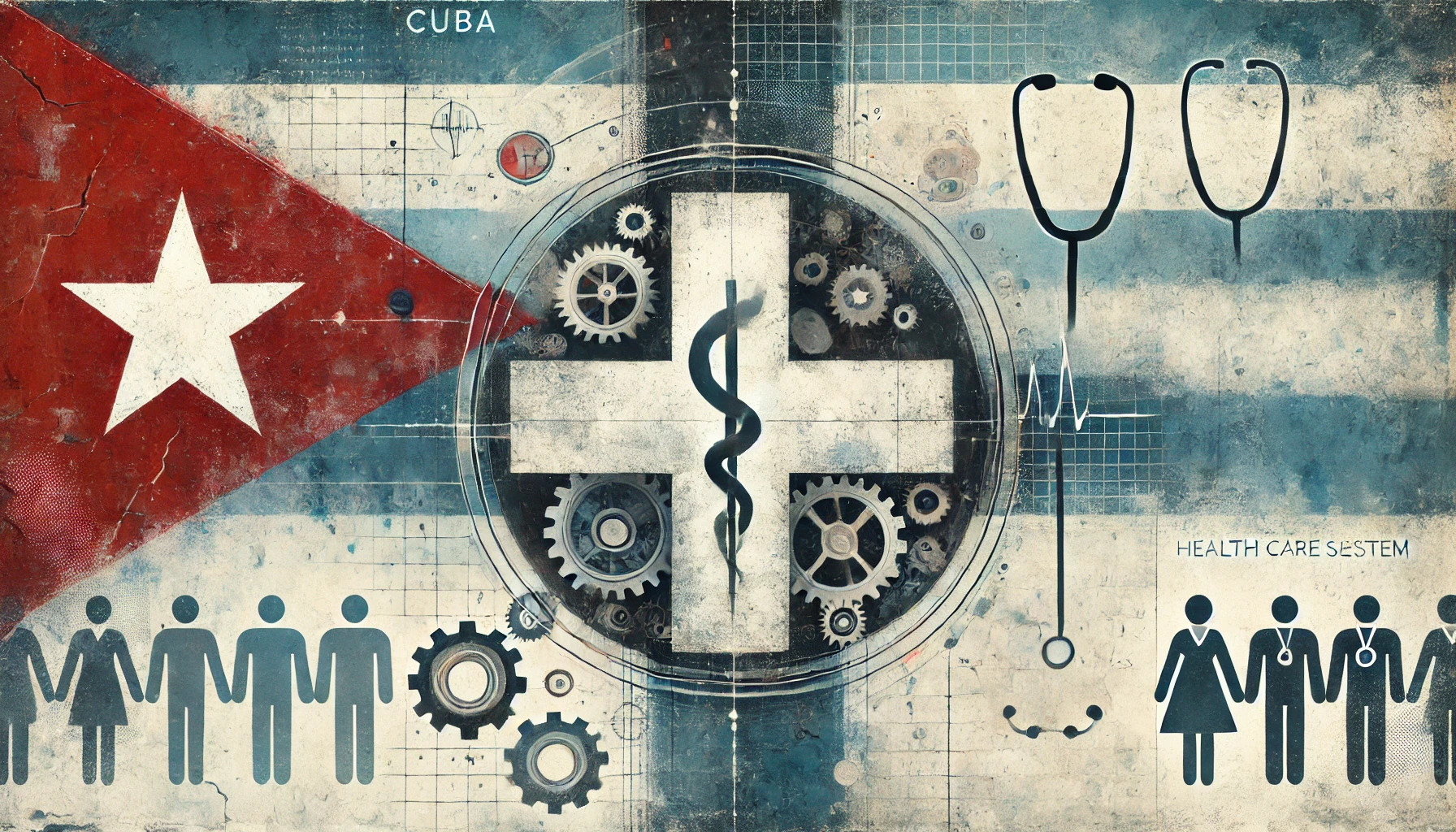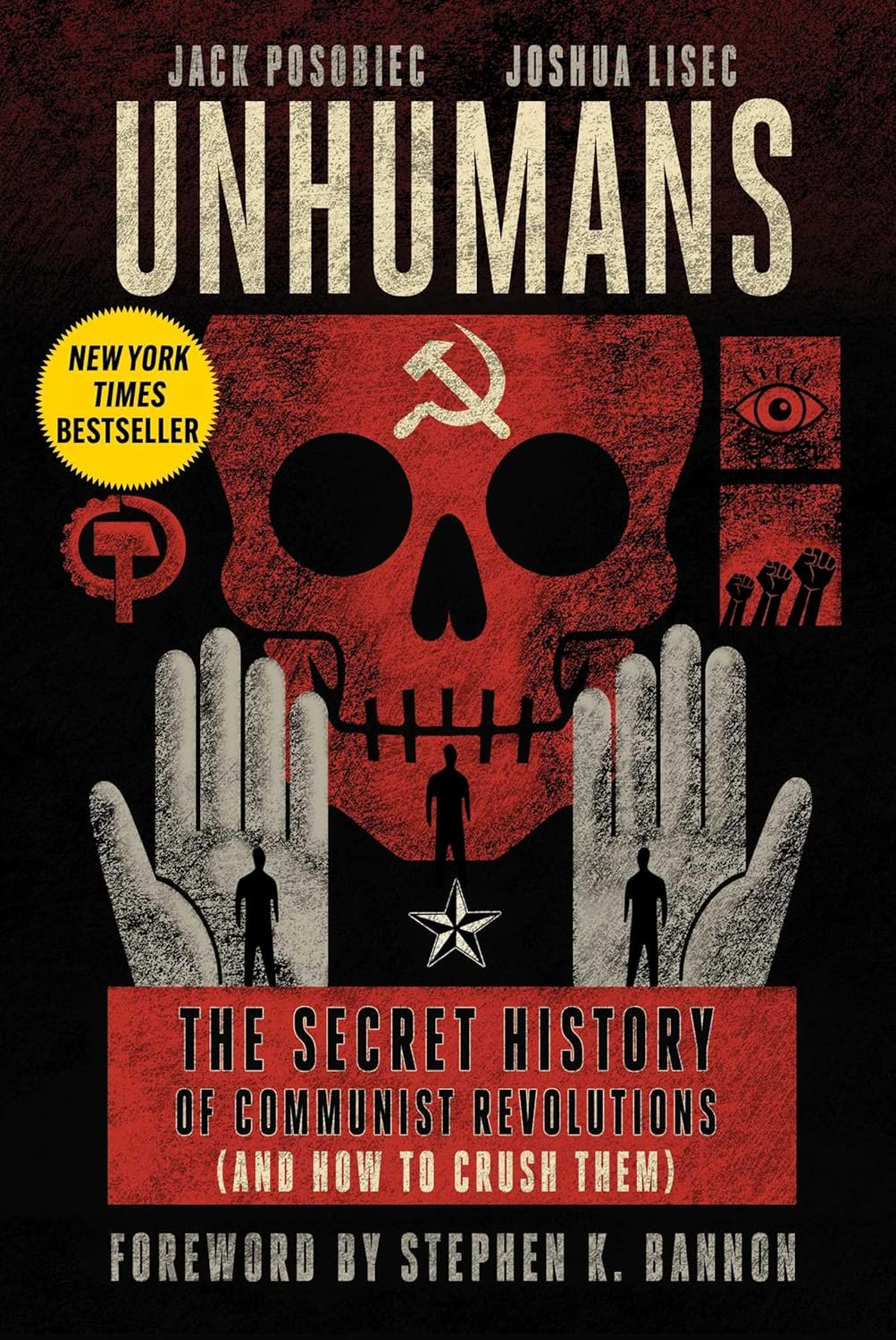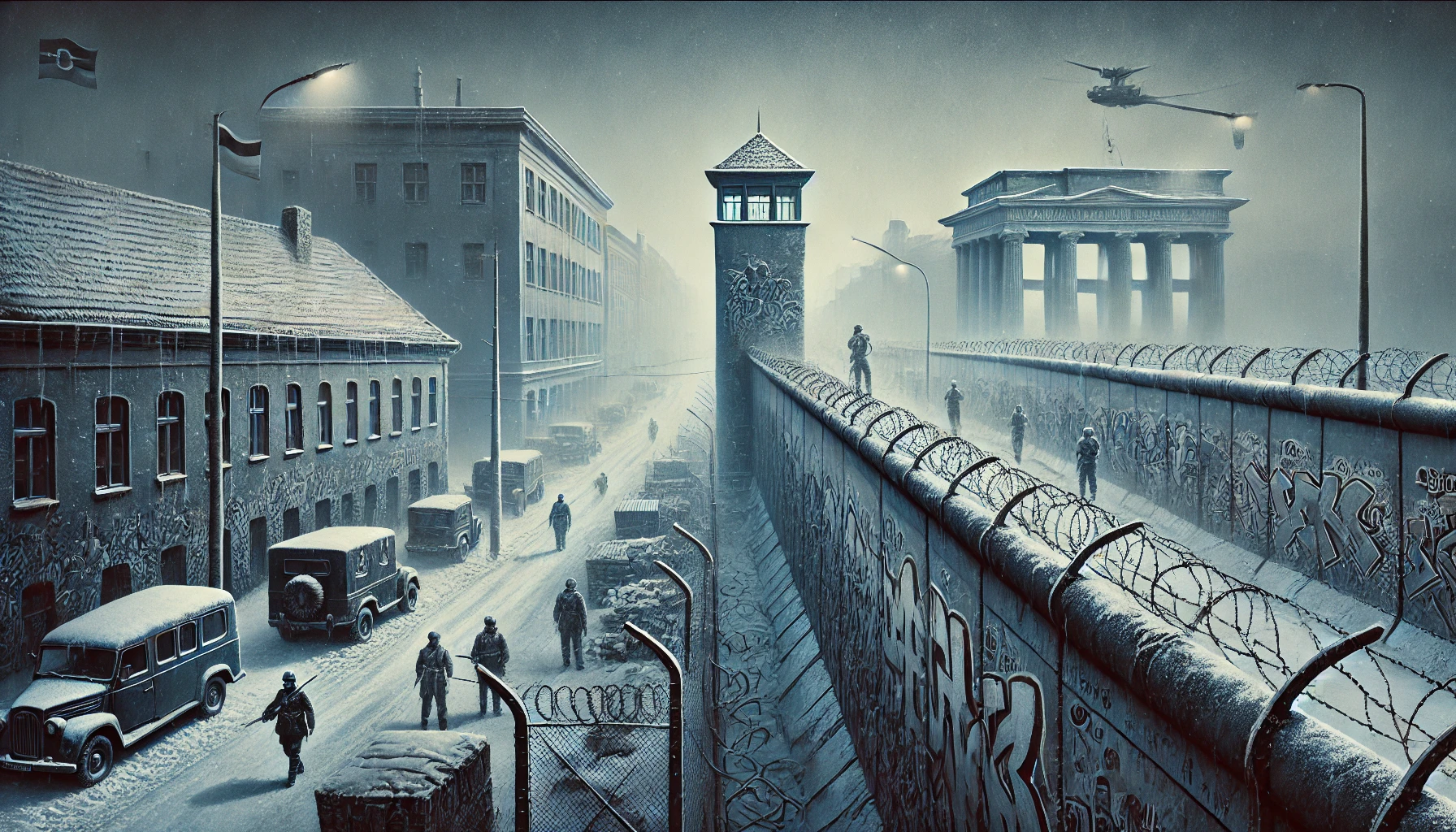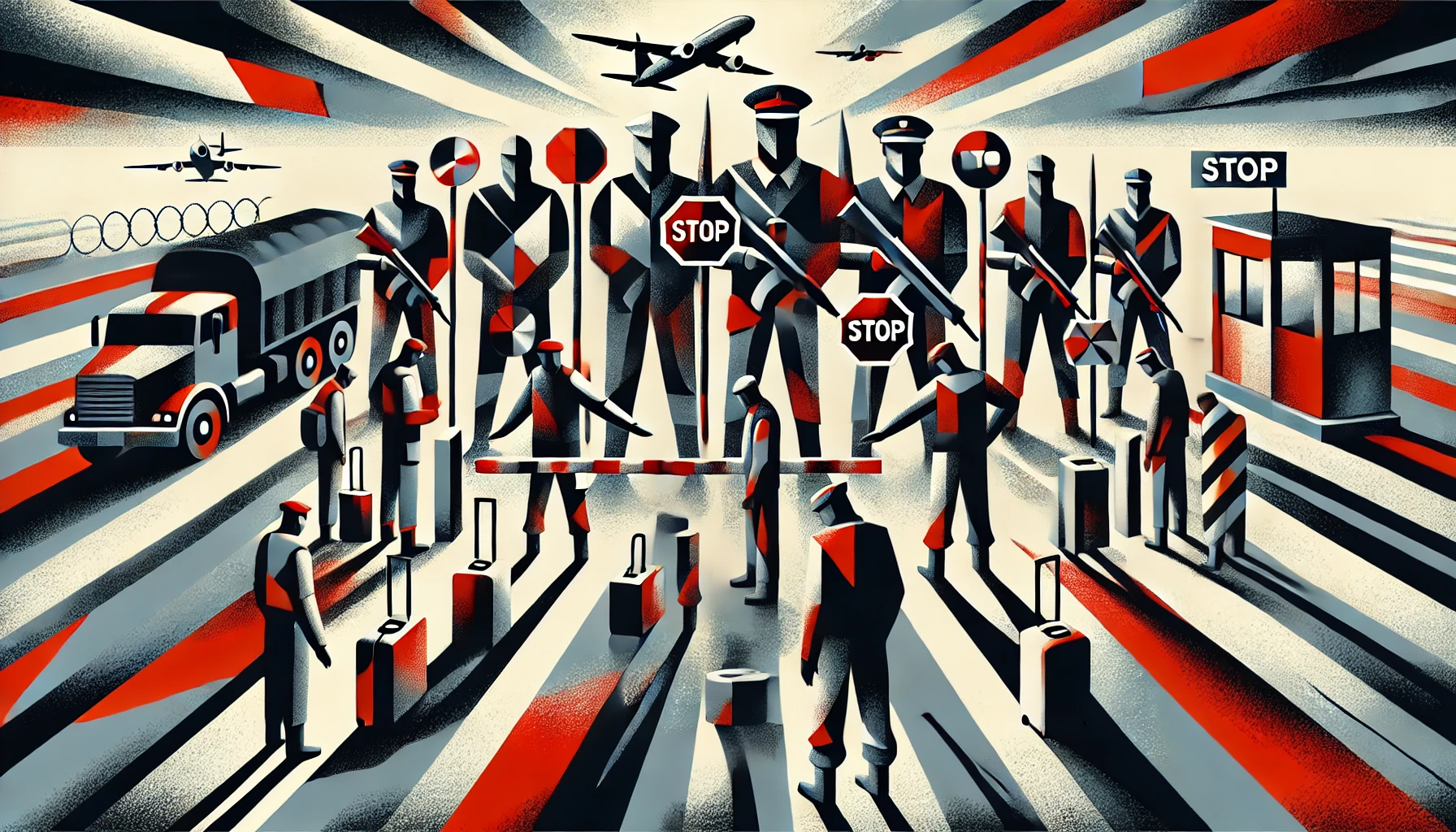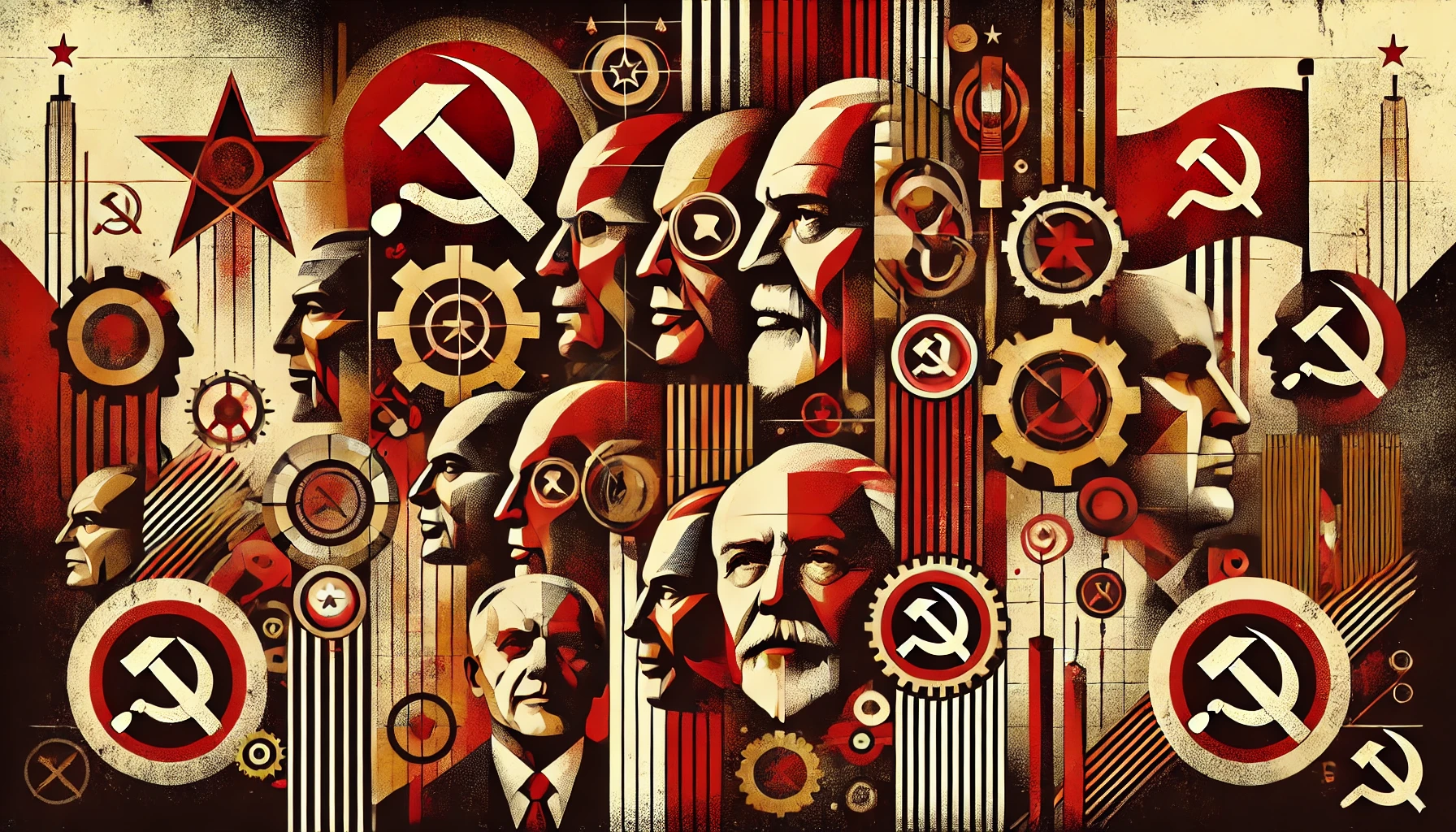After the Communist Party of Vietnam took control of the country in 1976 following the Vietnam War, strict restrictions were placed on academic freedom and expression. The communist government sought to control the education system in order to promote socialist ideals and eliminate Western capitalist influences. Universities were nationalized, curricula and textbooks were censored, and intellectuals and academics were forced to undergo “re-education” to conform to the party’s ideology.
Government Control of Universities
All universities in Vietnam were placed under direct government control after 1976. The Ministry of Education was tasked with overseeing higher education and ensuring that socialist principles were being taught. Marxism-Leninism became a required course at all universities. Many professors and administrators were replaced with Communist Party members. Independent thought and critical analysis of government policies was strongly discouraged and punished.
According to a report by Human Rights Watch, “the government screens the curricula of schools at all levels and in all fields to ensure conformity with the Communist Party’s ideology, policies, and historical interpretations.”[1] This strict control over educational content severely limited academic freedom in Vietnam.
Censorship and “Re-education” of Intellectuals
Vietnamese intellectuals, writers, and academics faced intense censorship and persecution under communist rule, especially those who were educated in the West or held views critical of socialism. Thousands were forced into so-called “re-education camps” where they endured harsh conditions, interrogations, and indoctrination in an attempt to break them of capitalist thinking.[2]
Notable Vietnamese scholar Hoàng Minh Chính, who studied sociology in France, recounted his experience in re-education camps in the late 1970s: “We had to attend political courses intended to change our way of thinking. We were taught the official version of socialism. If we didn’t obey, they would cut our rations. Many intellectuals went mad or committed suicide.”[3] This first-hand account highlights the immense psychological pressure and harsh treatment that Vietnamese academics were subjected to.
Long-Term Impact
The academic restrictions imposed by the Vietnamese Communist Party had a detrimental long-term impact on the country’s educational development and global standing. Vietnam fell behind other Southeast Asian nations in terms of research output, university rankings, and academic collaboration.[4] It has taken decades for Vietnamese higher education to start recovering from this period of extreme government control and suppression of free thought.
[1] “Vietnam: Torture, Forced Labor in Drug Detention.” Human Rights Watch, 2011.
[2] Goscha, Christopher. Vietnam: A New History. Basic Books, 2016.
[3] Bainbridge, Bill. Culture Shock! Vietnam: A Guide to Customs and Etiquette. Marshall Cavendish, 2008.
[4] Pham, Ly and Hayden, Martin. “Research in Vietnam: The Experience of the Humanities and Social Sciences.” Journal of International and Comparative Education, 2019.


